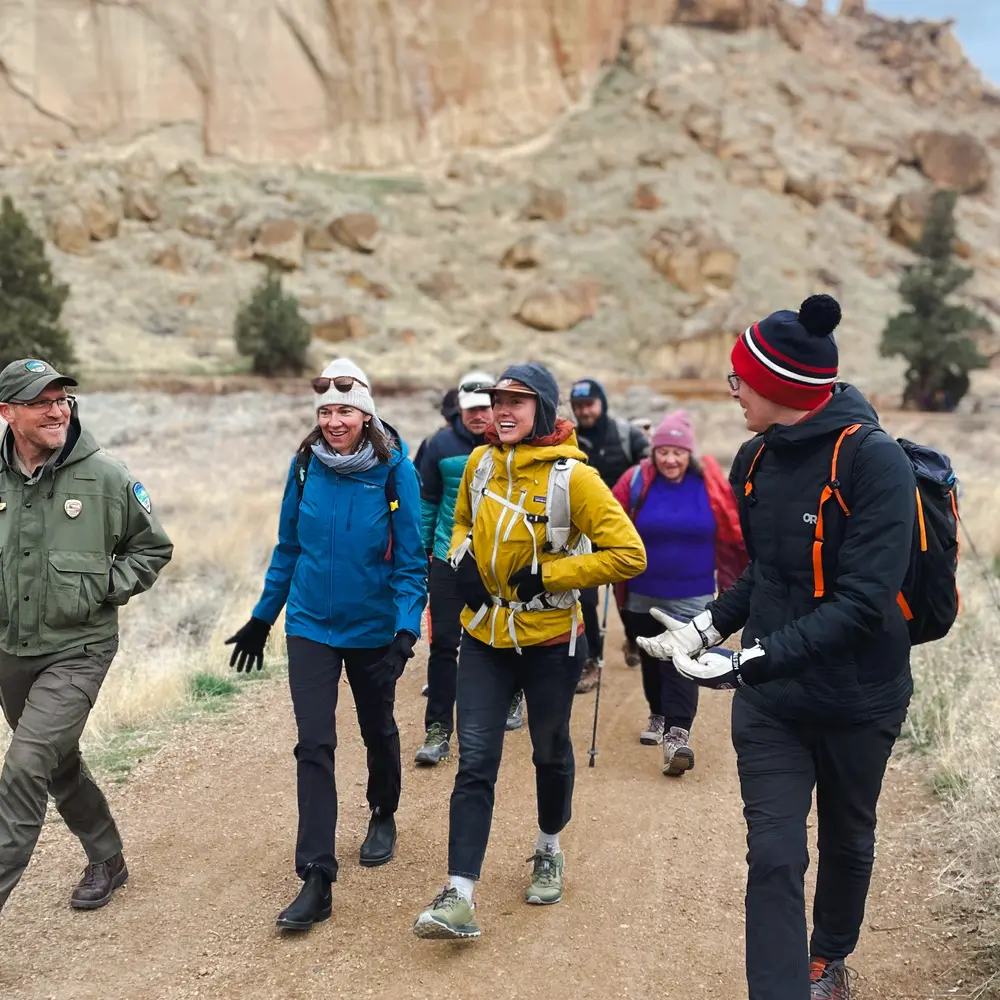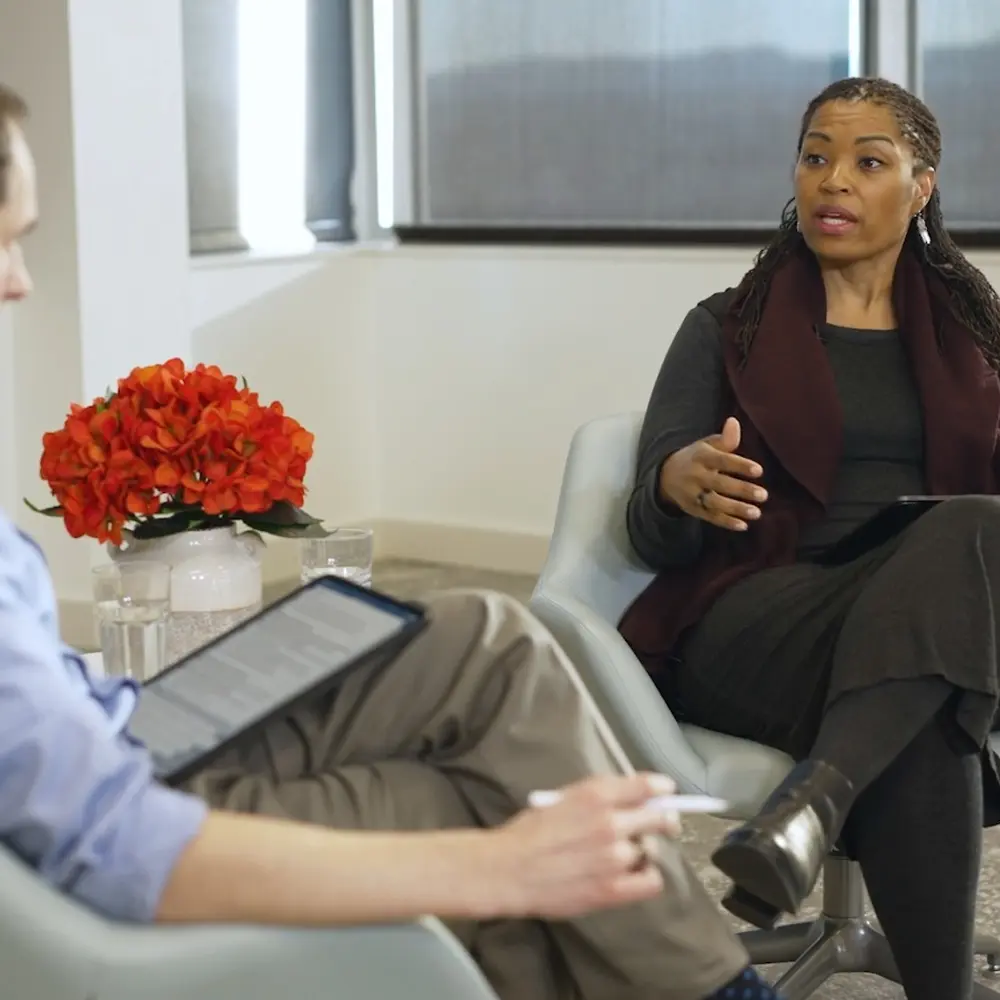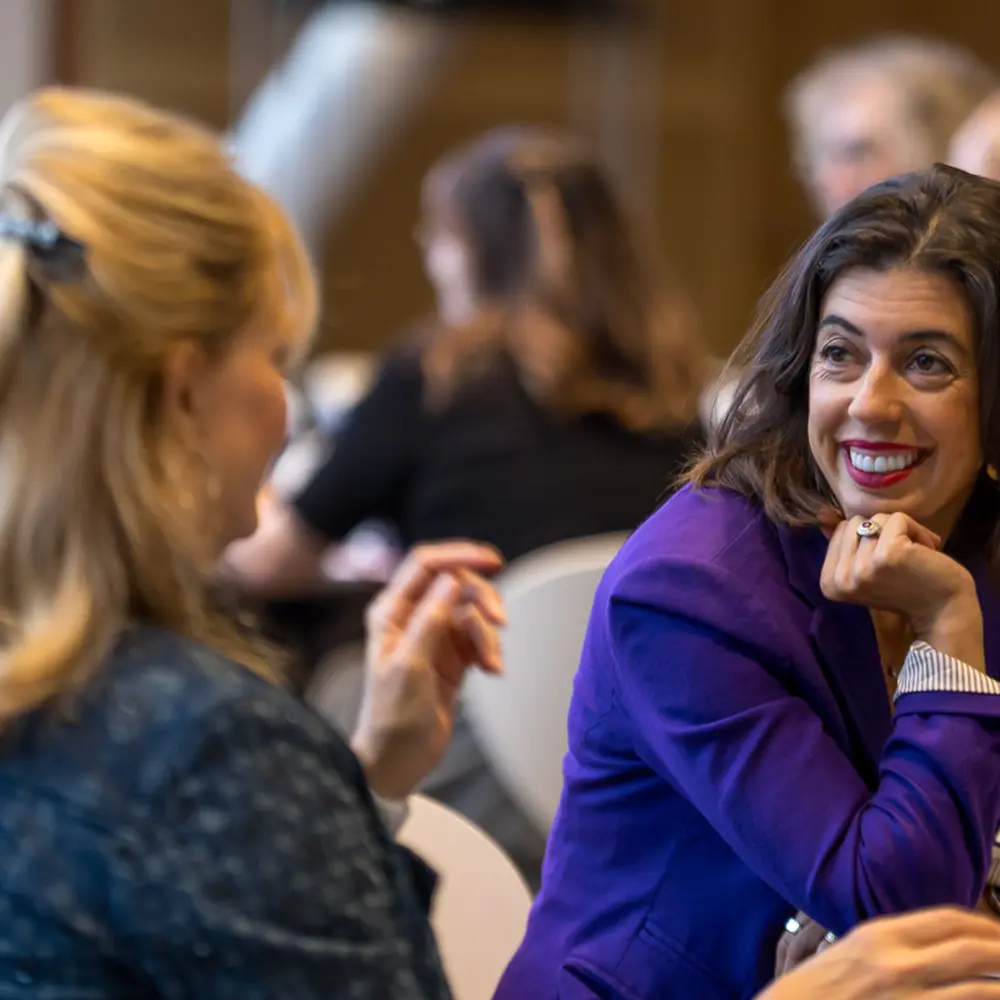By Steve Garber, Senior Fellow
Steve Garber, Senior Fellow with the Murdock Trust, recently shared remarks on the divided nature of our communities and our country. We believe his hopeful message will resonate with our community and we are grateful that he has agreed to allow us to repost those comments here.
The culture is upstream from politics.
Like most words that matter, these are ones worth pondering, maybe even debating. Almost four years ago, just after the last national election in the United States, I wrote an essay born of this thesis, inviting 50 friends from throughout America and the world to respond. I asked them not to enter into the glory or ruin of who won or lost, but to reflect on the harder question, i.e. what does the election say about America, if this thesis is true? If in fact the culture is upstream from politics, what is going on in America that made this election be what it was? Why did it happen? What does it mean?
Several years later, with six months until another national election, America is unravelling. There is no one easy target, as if somehow we could simply blame someone or something. And given our political commitments, we are predisposed to do just that. “Of course, it’s simple…. can’t you see?” or “If you’ll only be honest for a minute, then obviously the problem is….”
Four years ago that seemed cheap, though with every other son of Adam, I too am eager to blame. We are, every one of us. Most of all prone to lie to ourselves about ourselves, what the moral philosophers call “self-deception,” before we even blink, we blame.
But whatever happened in the election, with its political meaning and social impact, didn’t start in Washington DC; in a strange way it “ended” there, but even to say that misses the deeper point, the harder reality. What happens in the Washington DCs of the world has already happened in Chugwater and Chicago, Des Moines and Duluth, Grand Rapids and Grand Junction, Austin and Albuquerque, Boston and Baton Rouge, Santa Fe and Sacramento, Pittsburgh and Portland, and on and on and on. Small towns and big cities, red states and blue states, urban and rural, ideas become legs— and the legs eventually find their way to the capitol cities of history, where there are political consequences that rumble forth into the future, for blessing and for curse.
Over the last days and weeks I have thought, and thought about this thesis, watching the U.S. come apart at the seams. The pandemic still is, and in many places is getting worse. The economy is flailing, with no signs of recovery. And we are reeling over racial conflict that is deeply-rooted in our very founding. We are finding it more and more difficult to live together, much less to even talk with each other. Shouting over the political divide, we blame and we blame and we blame again, sure that it is all someone else’s fault.
And truth be told, there is moral responsibility here. There are currents in our cultural ethos that are profoundly unhealthy; in fact that are cancerous, and they represent identifiable populations in American society who time and again choose me over we. And terribly, it is also true that some of our most visible leaders are not leading us into a healthy body politic; they are unable to see beyond the partisan winner-takes-all political game they want all of us to play.
Even at our worst moment as a people, what we named our “Civil War,” our most respected president, Abraham Lincoln, spoke into the ages with a wisdom that seems impossible to imagine today— even as he was killed for the conviction that gave weight to his words. He saw America grievously at war with itself, pleading for a renewed vision of the common good, “with malice toward none, and charity for all.” In tragic contrast, we live in a moment when, as one seasoned observer noted, the words are reversed, “with malice toward all, and charity for none.” To say it simply, those are wounding words, self-inflicted, and deadly.
As must be true, there are signs of hope— always there are signs of hope —and when I look carefully, beyond the Fox/MSNBC swirl, I see them too. Sometimes and some places, people are choosing to be neighbors, deciding that entering into someone else’s pain is required, if we are to continue on as a people. That is a costly grace, but grace always is, taking into one’s self the hurt of another. But a healthy social ecology requires that, as does a healthy marriage, and a healthy friendship. When we choose indifference to our neighbors near and far, we are choosing a dead end, for ourselves and for our society.
One last thought, and perhaps surprisingly from the political poetry of Pogo. If we listen carefully, with necessary humility, sometimes surprising sources speak plainly to us, with insight that echoes through every heart and across all of history, “We have met the enemy and he is us.”
Yes, it is still true, always and everywhere it is true— because the culture is upstream from politics.
Photo by Ezra Jeffrey-Comeau on Unsplash
The post The culture is upstream from politics appeared first on M. J. Murdock Charitable Trust.







